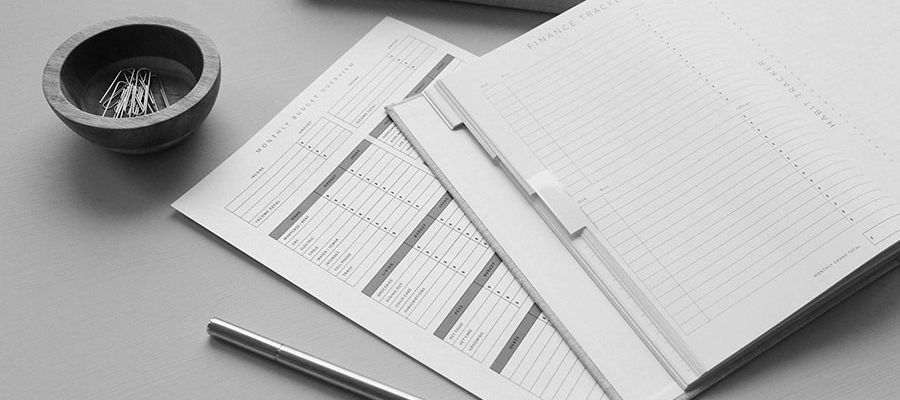What is my personal injury case worth?

After the initial shock of a personal injury accident caused by someone else’s negligence, you may be wondering what comes next. If the injury you suffered was significant, you could be facing long-term physiotherapy or other medical expenses for years to come. You may not be able to work, and your future is unclear. Of course, your bills still need to be paid, bringing further uncertainty.
When you are injured and seeking compensation, one of the first things you want to know is what your claim is worth. No personal injury case is the same, and many factors could come into play when assessing your claim. Our team of lawyers is here to take some of the mystery away. You don’t have to face this difficult time alone. It is your job to do all you can to recover so you can return to the life you enjoyed before your accident. Our job is to get you the compensation you need and deserve to do that.
What factors affect the value of my claim?
There is no specific guide available to determine the appropriate compensation after being hurt in an accident. It takes serious consideration, examining such things as who was at fault. Our lawyers will thoroughly investigate your case, looking at several factors that will impact your claim.
These could include:
-
the nature and severity of your injuries and prognosis for recovery;
-
your pre-existing medical history;
-
the cost of medical expenses and future care;
-
availability of alternative funding such as private disability insurance;
-
your income prior to the accident and how your future earnings will be impacted;
-
lifestyle changes due to the accident; and
-
the impact on your family.
Determining who is at fault in an accident
There are times when it is readily apparent who is responsible for an accident. However, finding who is at fault doesn’t necessarily paint a complete picture. For example, if you crash your car into a ditch, you will be deemed to be at fault. However, in many accidents, there will likely be some shared blame. To determine that, insurance companies rely on what is known as “fault determination rules” that encompass a variety of scenarios. So, while you may not have caused your accident, you may be expected to share some of the blame. For instance, you could be 10 percent responsible, or the blame can be shared 50-50. The degree of your responsibility will ultimately affect how much you will receive in compensation in a lawsuit.
In Alberta, the Contributory Negligence Act determines what degree of liability and fault you should be apportioned. If you acted negligently at the time of the accident and your actions resulted in you suffering a more significant injury, that could reduce the amount of compensation. If, for example, you were wearing flat-soled shoes on an extremely icy walkway and you fell, your award would be less than if you had on the appropriate footwear for the weather conditions.
What kind of damages can I seek?
Personal injury claims can be complex. Some damages are relatively simple to calculate, such as your medical expenses and lost income to date. However, the math becomes more complicated when predicting future financial losses and could necessitate expert opinions from people such as actuaries or economists.
There are different types of damages:
General or non-pecuniary damages. These are meant to compensate you for the pain and suffering from your injuries and the loss of enjoyment of life caused by an accident. To get this assessment, we would compare your lifestyle and what you enjoyed doing before your accident to your present and prospective ability to do the things you like. Making a determination in this area is subjective, so it can be challenging to put a precise monetary value on them.
Special or pecuniary damages. These are damages that can be calculated and included in most civil lawsuits. They can be out-of-pocket expenses or other expenses such as medical care, rehabilitation or housekeeping. Loss of income or loss of earning capacity would also be included.
Punitive or exemplary damages. While rarely awarded, these are levied as a way to punish the defendant in incidents that are more egregious than simple negligence or to deter others from the same type of behaviour. They are awarded on top of compensatory damages.
Legal costs Court may award costs, such as legal expenses and fees, for pursuing your claim. A judge will determine costs taking into consideration the conduct of the parties and the complexity of the case. Generally, the losing party will pay a portion of the winning party’s costs.
Injury lawyers help you get the settlement you deserve
There are many moving parts in a personal injury claim, and you need advice from a lawyer who has extensive experience when building your case. Your accident may be similar to others with similar injuries, but your claim requires a fact-specific assessment to calculate a reasonable settlement. Also, some of the injuries you suffered may not be readily apparent. Proving an injury can be difficult, especially when there is no concrete way of assessing it, such as diagnostic imaging or an X-ray. We will guide you through the process, gathering evidence to build your case. We understand aspects of the law such as duty of care and causation, and we know how insurance companies handle claims.
AFTER AN ACCIDENT, CONTACT US
A personal injury lawyer can help guide you through your options and help you obtain the compensation you need to help you recover from any injuries. They can also make sure that your insurance company does not attempt to limit the compensation that you are owed. Schedule your Free Consultation by calling 1 (403) 930-8594 or send a message to kantor@kantorllp.ca. We will represent you on a contingency fee basis, so we do not get paid for our time and attention until we settle.
